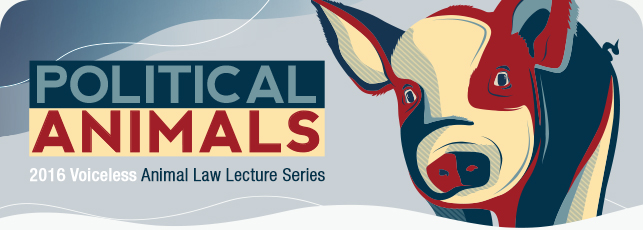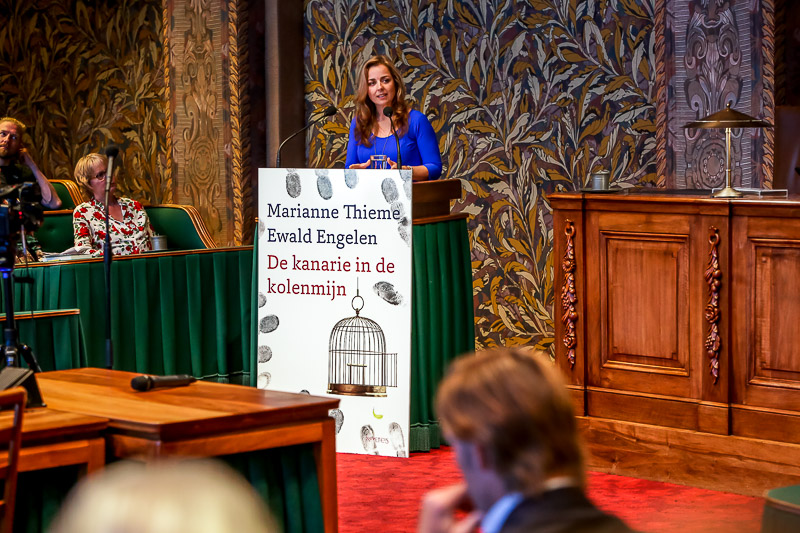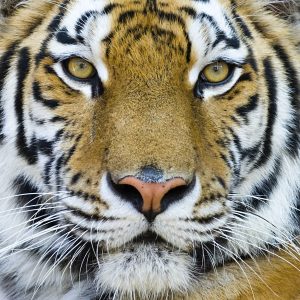Worldlog 9 maggio 2016
Scrivo questo Worldlog dall’Australia. Su invito dell’organizzazione australiana dei diritti degli animali Voiceless ho dato tra il 4 e il 17 maggio una serie di conferenze in Australia. In dieci conferenze ho parlato in varie università ed uno studio legale del ruolo di forza trainante nel dibattito dei diritti degli animali, e naturalmente anche del significato politico di questo ruolo trainante. Sono contentissima che Voiceless mi ha dato questa fantastica opportunità. La mia tour prosegue certamente non inosservato qui in Australia. Quasi 1.700 persone si sono iscritte per partecipare alla mia conferenza e The Sydney Morning Herald, ha pubblicato a seguito del mio giro di conferenze quest’articolo.

Il mio nuovo libro “Il canarino nella miniera di carbone” è ora disponibile anche come e-book in inglese! Ho scritto questo libro insieme al geografo finanziaria Ewald Engelen. Avvertiamo dell’insostenibilità dell’attuale scelte politiche e finanziarie. Ed è proprio per questo che invochiamo un cambiamento radicale. Ewald dal punto di vista economico ed io da un punto di vista ecologico. E ora per il piano B!
Il 21 aprile, si è svolto la presentazione di ” Il canarino nella miniera di carbone” nel Senato. Foto’ della presentazione del libro puoi vedere qui. Il libro, uscita uscito da appena due settimana, aveva bisogno di una seconda ristampa. Bellissimo che così tante persone sono interessati al nostro messaggio!
La versione inglese è disponibile come e-book presso i negozi online olandesi e attraverso Amazon.com, Amazon.co.uk e dalla prossima settimana anche da Amazon.com.au.

Per finire ho anche delle ultime notizie: grazie ad una mozione che ho presentato trofei di caccia di 200 specie di fauna selvatica non possono più essere introdotti nei Paesi Bassi. Ciò significa che a partire da subito, tra le altre cose, avorio, pelli di tigre e corno di rinoceronte non possono più oltrepassare il confine olandese. Cacciatori pagano tanti soldi per viaggi di caccia su elefanti, leoni e altre specie in via di estinzione. Grazie a questa nuovo divieto d’importazione cacciatori olandese non può più sfoggiare a casa con selvaggina cacciato al di fuori dell’Europa. Speriamo che questo rimuove un importante incentivo per utilizzare la natura straniera come un tiro a segno.

Cordiali saluti,
Marianne
I am writing this Worldlog from Australia. At the invitation of the Australian animal rights organisation Voiceless I am giving a series of lectures in Australia between the 4th and 17th of May. I will give 10 lectures at different universities and a law firm explaining the role of the booster in the animal rights debate, and of course also the political meaning of this booster role. I think it is great that Voiceless has given me this opportunity. And my tour around Australia is certainly not going unnoticed here. Almost 1,700 people have registered to attend my lecture and the Sydney Morning Herald has published the following article relating to my lecture tour.

My new book The Canary in the Coal Mine is now available as an English e-book! I wrote this book together with Ewald Engelen, professor of Financial Geography. We warn against the unsustainability of today’s politics and financial choices. And that is why we advocate a radical change of direction. Ewald from an economic perspective and me from an ecological standpoint. Time for plan B!
On the 21st of April last, we celebrated the launch of The Canary in the Coal Mine in the Senate. Pictures of the book presentation can be viewed here. After just two weeks of the book being for sale a second edition was required already. It is great to see that so many people are interested in our message!
The English e-book version can be ordered from Dutch webshops and via Amazon.com, Amazon.co.uk, and as from next week on Amaxon.com.au.

And last I have some breaking news: thanks to a motion I submitted it is no longer allowed to import hunting trophies of 200 wild animals into the Netherlands. This means that as from now, ivory, tiger skins and rhino horns are rejected at Dutch borders. Hunters pay a great deal of money for trips to hunt elephants, lions and other threatened animal species. Thanks to the new import ban, Dutch hunters can no longer show off the wild species they have shot outside of Europe. Hopefully this will take away the key incentive to use foreign nature as a shooting gallery.

Kind regards,
Marianne